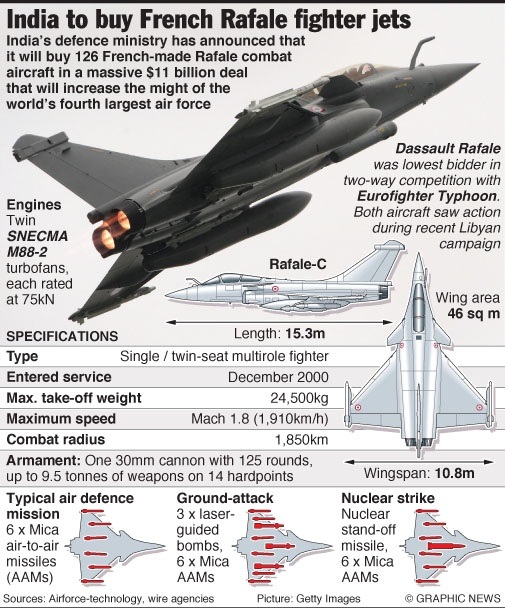7667766266
enquiry@shankarias.in
Why in news?
The Defence Minister refused to share the price details on Rafale purchase, citing the Security Agreement provisions.
What is the Rafale aircraft?

How did the deal evolve?
What are the present concerns?
What is the dispute with sharing price details?
What is the Security Agreement?
What is the parliamentary procedure?
Source: The Indian Express